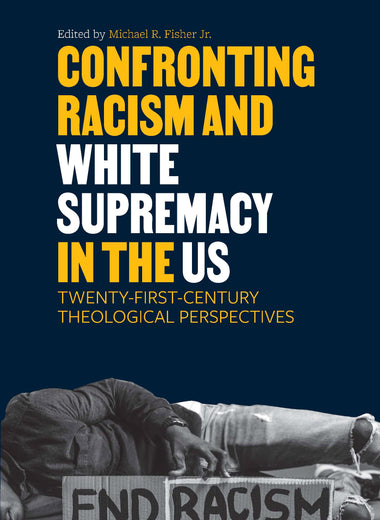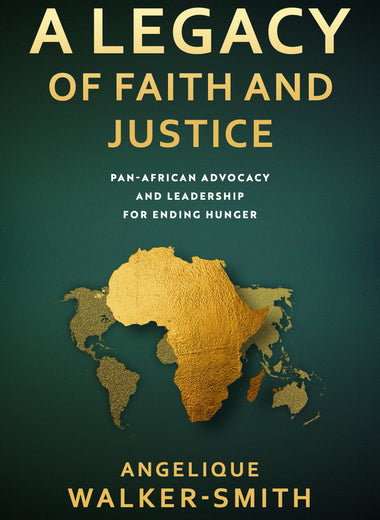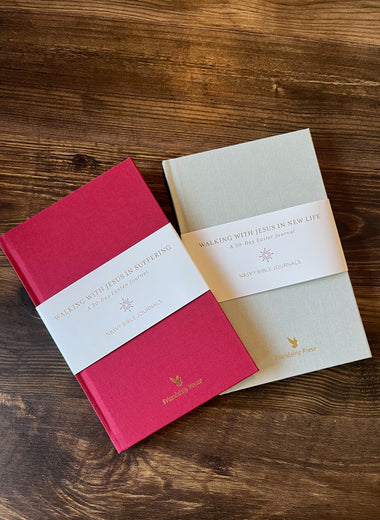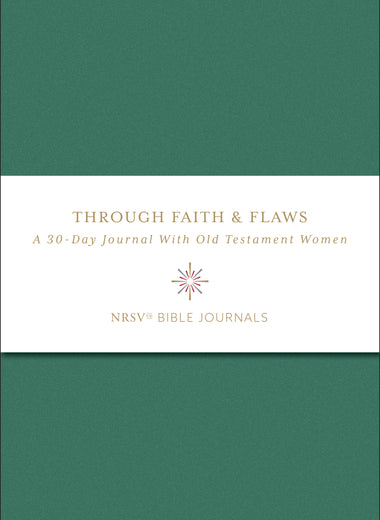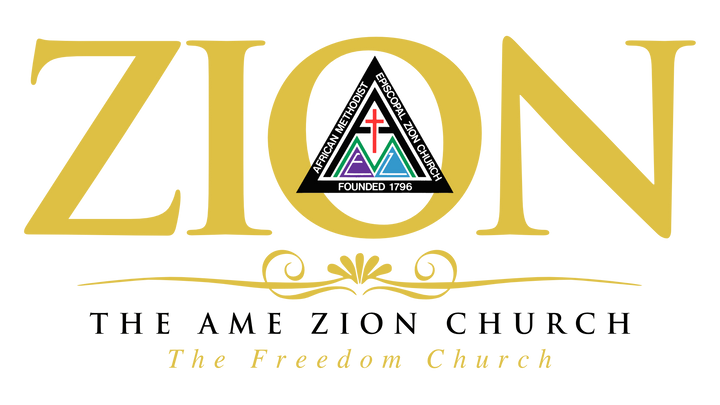About Dr. Hugh Page
Hugh R. Page, Jr. is the University of Notre Dame's inaugural vice president for institutional transformation and advisor to the President. In this role, he serves as a strategic leader working closely with Father Jenkins and University leadership to create and coordinate an integrated diversity, equity and inclusion (DEI) strategy centrally and across various divisions, colleges and schools. He facilitates the formulation and implementation of various DEI initiatives, monitors progress, and works with units to catalyze structural and cultural change consistent with the University’s values.
Page served as vice president and associate provost for undergraduate affairs from 2013-2022, dean of the First Year of Studies from 2005-2019. He has been a faculty member at the University since 1992 and holds appointments in theology and Africana studies. He has also served as associate dean for undergraduate studies in Notre Dame’s College of Arts and Letters and director of the African and African American Studies Program. He was instrumental in the development of the latter into the Department of Africana Studies, which he then chaired.
An Episcopal priest, Page holds a bachelor’s in history from Hampton University, two master’s degrees from The General Theological Seminary in New York, a doctorate in ministry from the Graduate Theological Foundation, and a master’s and doctorate in Near Eastern languages and civilizations from Harvard University. He joined the Notre Dame faculty in 1992 and, in 2001, received a Presidential Award for distinguished service to the University.
Page’s scholarly interests include early Hebrew poetry, Africana biblical interpretation, esotericism in Africa and the African Diaspora, poetry as a medium for theological expression, and the use of religious traditions and sacred texts in the construction of individual and corporate identity in the Africana world.
He is the author or editor ofExploring New Paradigms in Biblical and Cognate Studies,The Myth of Cosmic Rebellion: A Study of its Reflexes in Ugaritic & Biblical Literature, Exodus: A Bible Commentary for Every Day, The Africana Bible: Reading Israel’s Scriptures from Africa and the African Diaspora, and Israel’s Poetry of Resistance: Africana Perspectives on Early Hebrew Verse.



